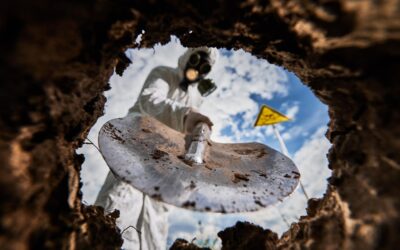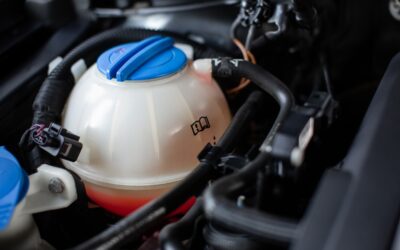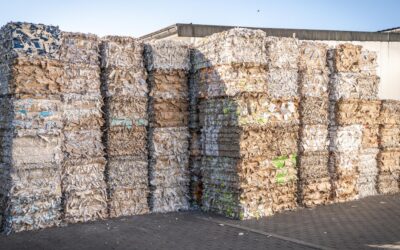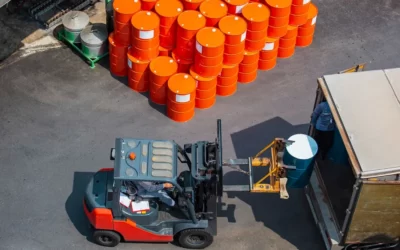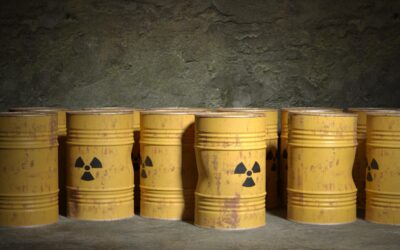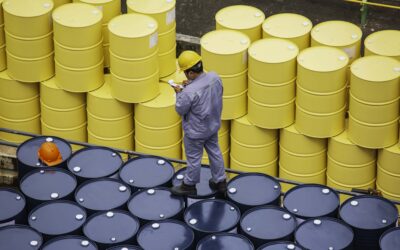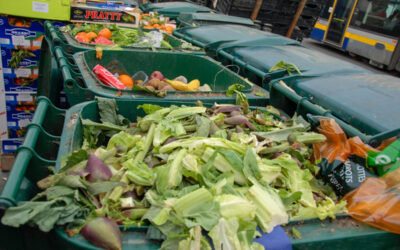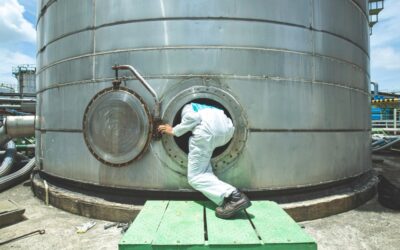Stay compliant with UK regulations while disposing of solvent-based paint. Learn how we can help with our specialised disposal services for hazardous waste.
Recent in
Shredded Paper Recycling: Best Practices for your Business
Let’s talk about how to boost your business’s security and sustainability with shredded paper recycling—learn easy steps and smart tips to make a real impact.
The Importance of Dedicated Office Recycling Bins for Your Workplace
Dedicated recycling bins streamline waste management and promote sustainability in the office. Learn how to improve waste management, encourage sustainability, and comply with UK regulations.
Oily Water Disposal Service for Your Business
Opt for InspireWaste reliable Oily Water Disposal Service. We ensure eco-friendly waste management with efficiency and compliance. Call 0800 002 9282 today.
Economic Impacts of Effective Coolant Disposal
In this article, we discuss sustainable coolant disposal strategies. Transform your waste management for environmental and economic benefits with Inspire Waste.
Navigating the Hurdles: Tackling Common Challenges in Paper Recycling
Paper recycling is more than just a sustainable practice; it’s a necessity in today’s environmentally-conscious world. Uncover the challenges and solutions in paper recycling with Inspire Waste. Learn how to manage contamination, streamline sorting, and engage in effective recycling practices for a sustainable future.
Legal Implications of Disposal of Liquid Waste in the UK
Disposal of liquid waste in the UK and its legal implications. Learn about the regulations & best practices to ensure environmental safety & business compliance
Healthcare Waste in the UK
A complete UK guide on healthcare waste: covering its types and safe disposal methods. Learn about the different waste categories and how to handle them correctly. Ideal for those seeking straightforward, compliant waste management tips.
Disposing of Hazardous Waste in the North East
Disposing of hazardous waste is a major challenge for organisations in the North East. Not only are there regulations to consider, but there are also potential risks to human health and the environment if dangerous waste is not disposed of properly. It is, therefore,...
How to Dispose of Harmful Materials
This article will discuss different harmful materials that can be found in your business, what they are, and how to dispose of them properly.
Differences Between Compostable, Biodegradable and Recyclable Waste
Restaurant waste management is important and understanding key differences such as compostable, biodegradable and recyclable waste can help.
Why are hazardous waste regulations so strict – and why should my business comply with them?
In 2016, strict regulations came into force that ensured hazardous waste was categorised properly and dealt with correctly. Hazardous waste is waste that contains toxic properties that may be harmful to human health or the environment. The responsibilities for each...
Construction Waste Disposal Best Practices
Construction waste disposal can pose a danger to our environment. This is why we will discuss the best practices for construction waste disposal.
Asbestos Disposal in the UK
Asbestos disposal when done wrong poses a great risk to human health and safety. Here’s how we dispose of hazardous waste safely.
Hazardous Waste Incineration
Hazardous waste comes in many forms & its disposal of has become a major concern for the UK. Here’s how Inspire Waste Management does it safely.
Hazardous Waste Companies In The UK: Collection – Disposal – Costs
We’ve put together this article to help you understand everything your business needs to know about hazardous waste treatment & how to deal with it.
Why recycling WEEE & battery waste is good for your business – and good for the planet
Too much electronic waste (WEEE) is still going into landfill despite strict regulations, a body established to encourage e-waste recycling in the UK says
What are the 5 simple steps to dispose of hazardous business waste?
If you’re looking to dispose of hazardous business waste, you must ensure that you operate within the law and protect the public and the environment…
What sort of organisations need to use clinical waste incinerators?
There are several kinds of businesses and organisations which need to use clinical waste incinerators. Any waste which consists of wholly or partly human or animal tissue, blood, or other bodily fluids, drugs, pharmaceutical products, dressings, swabs, needles,...
How to recycle Printer’s Waste the right way
Most print jobs produce waste, so understanding how to recycle printer’s waste is a key part of the job. In early copies, the colour registration or mixture may be incorrect, or there can be spoiled copies when the printer jams. All of this will need recycling, as...
In the health sector? Read our comprehensive guide to clinical waste incinerators
Does your organisation or business produce items which need to be dealt with by clinical waste incinerators? The UK regulations for dealing with this waste are stringent and complex. The aim is to prevent contamination of people and the environment, and the spread of...
Why is it so important that my business gets hazardous waste removal right?
Millions of tonnes of hazardous waste are produced in the UK every year, so it’s vital that any business deals with its hazardous waste removal correctly. The latest figures show that, in 2014, 4.3 million tonnes of hazardous waste was produced in the UK. Of that, 1.9...
Need help with solvent paints disposal ? Read our handy guide…
Many businesses have left-over paint, coatings, or varnishes from refurbishments or expansion projects and need help with solvent paints disposal. So, we decided to put together a useful guide with all the questions you’ll need to ask about how to handle the waste....
Is asbestos a headache on your construction project?
Developers and builders know that any project which involves asbestos means they need to act with great caution. Below, we have included the most important rules that need to be followed when dealing with asbestos professionally. Breathing in asbestos fibres, which...
How is your farm dealing with its hazardous waste? Is it time to call in the experts?
When we hear the words ‘hazardous waste’, we don’t often associate them with farms. However, several substances used on farms – or produced by them – could be categorised as hazardous. Tightened regulations mean that farms need waste handlers to help them dispose of...
Manufacturers – have you correctly classified your hazardous waste?
If your business produces hazardous waste, it’s vital that you know how to classify it correctly. How waste is classified decides how it must be dealt with, and incorrect classification could lead to prosecution. The UK's hazardous waste regulations require of you to...



